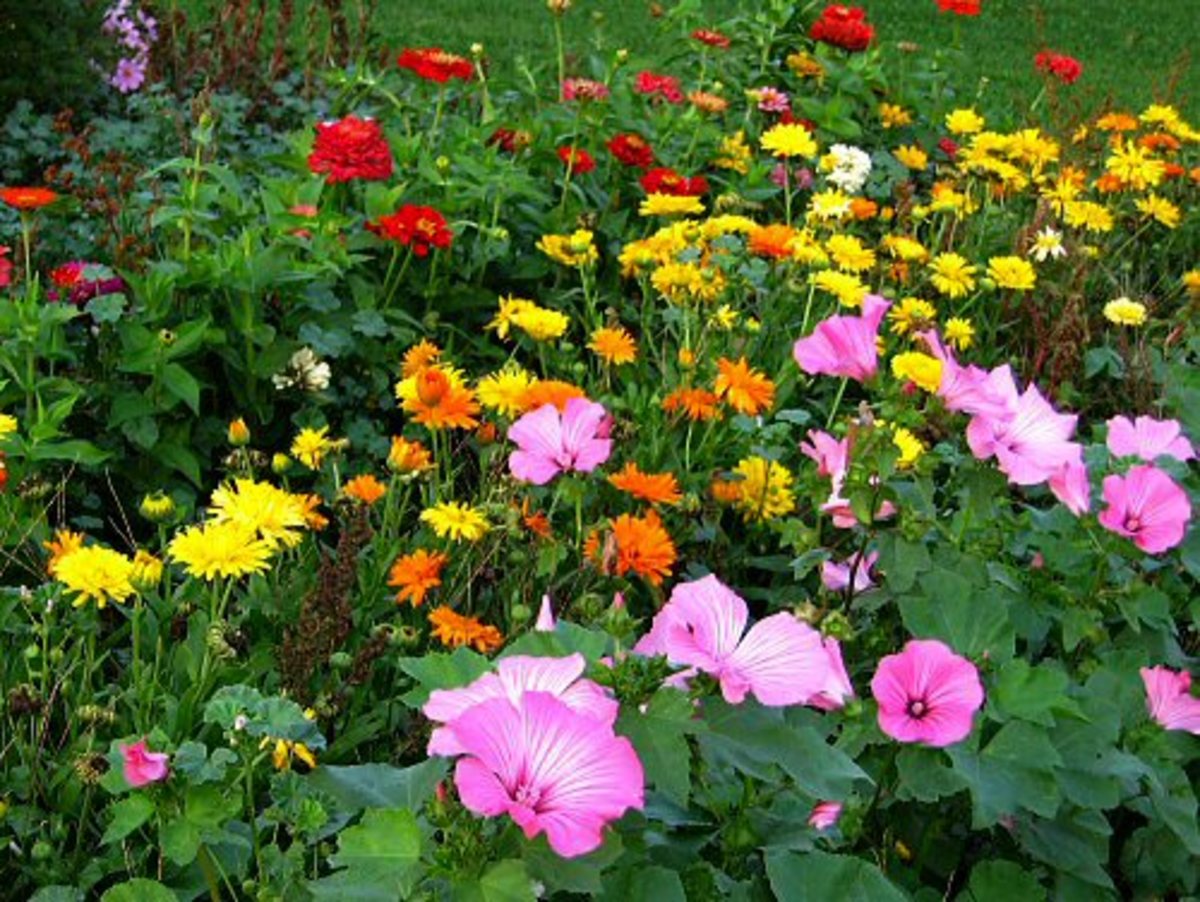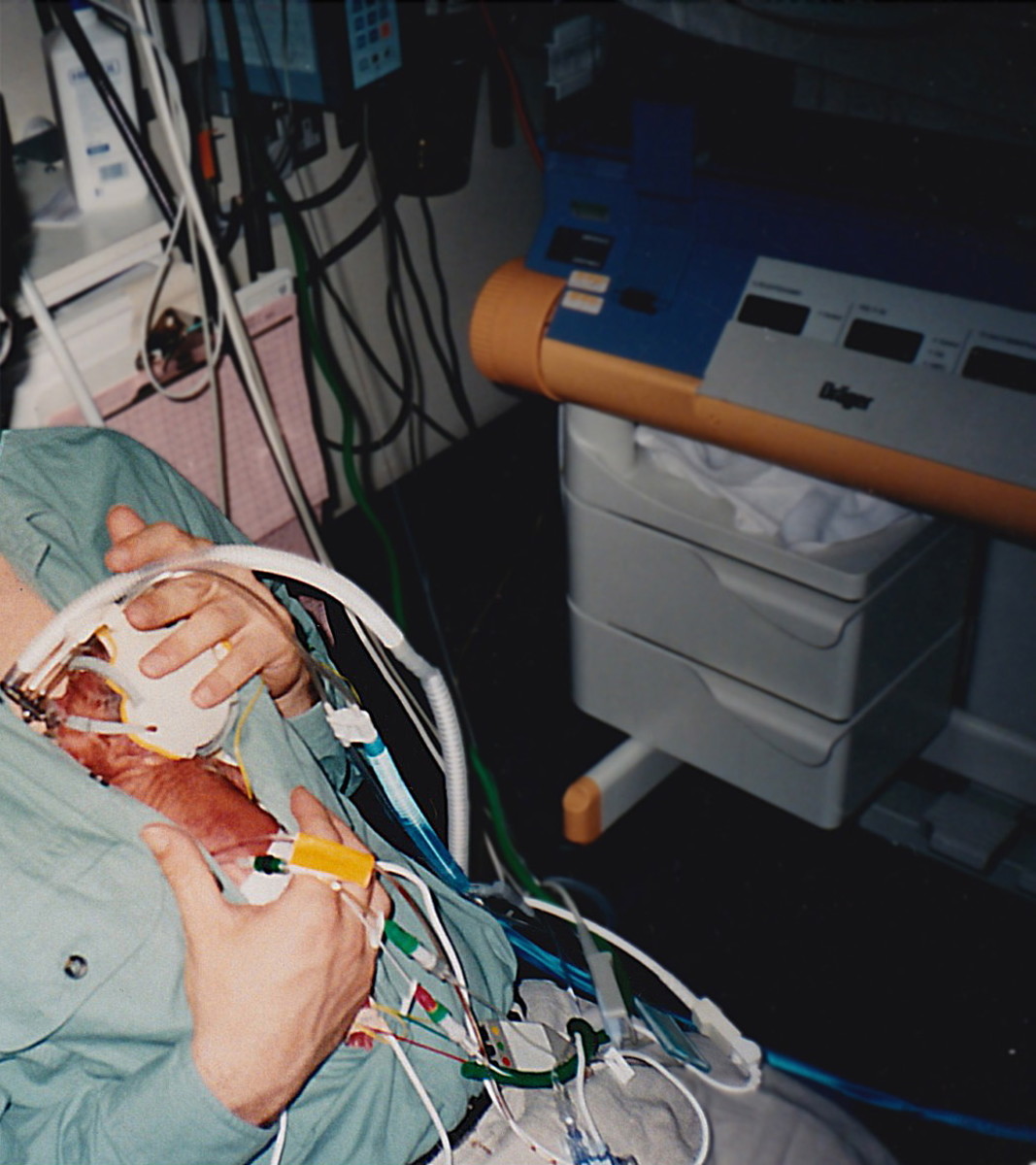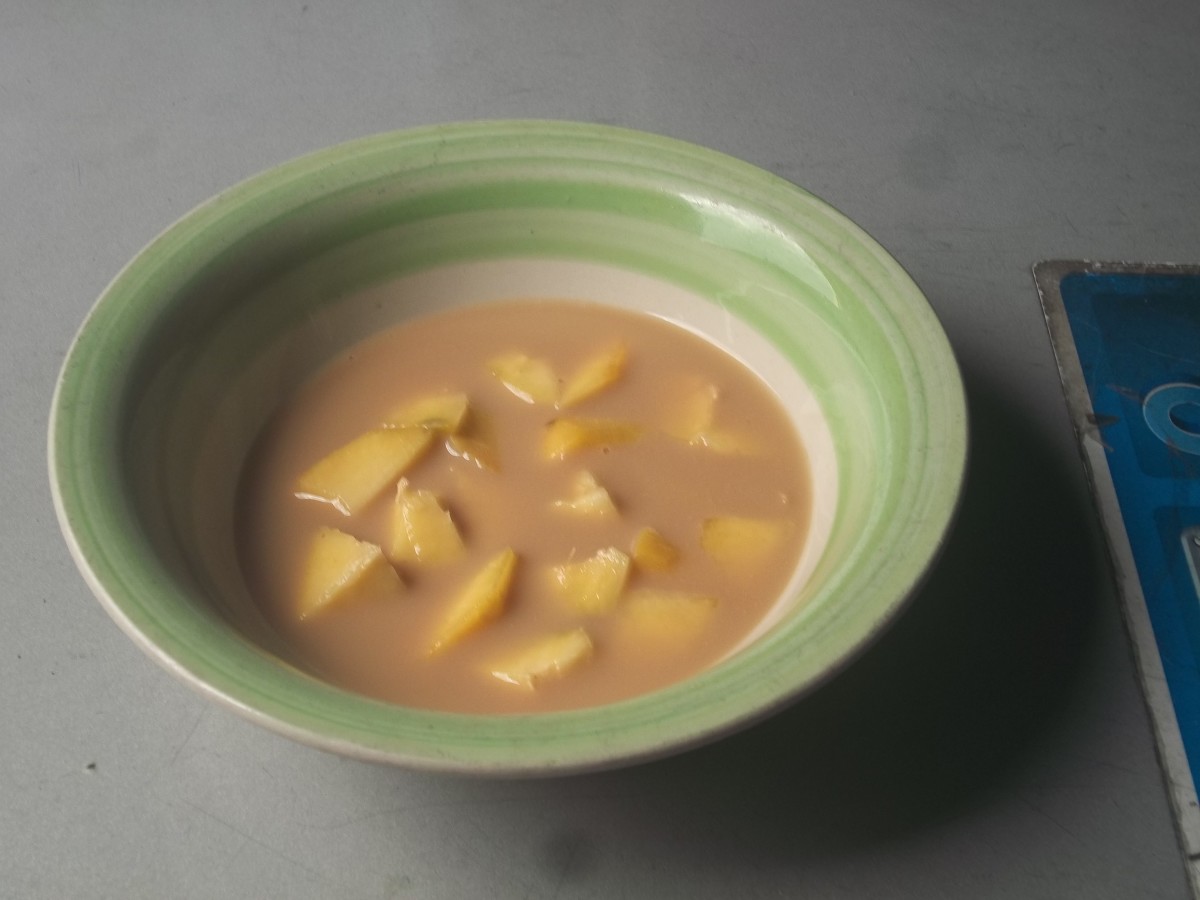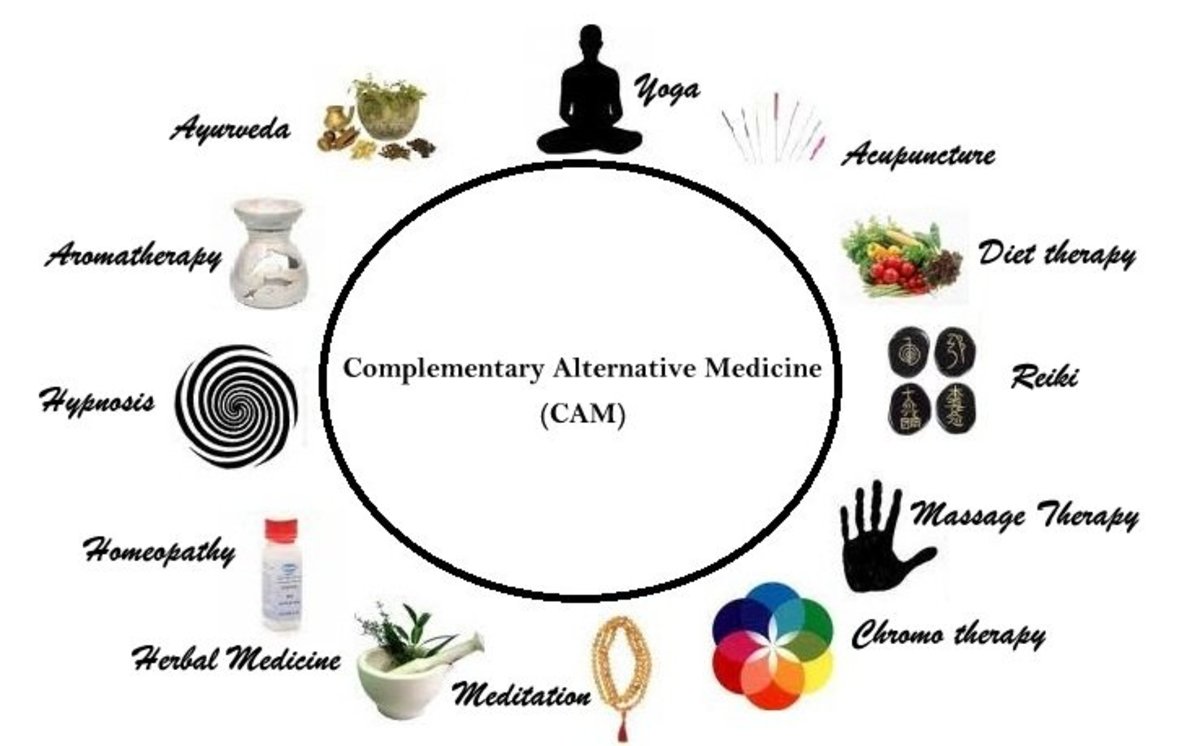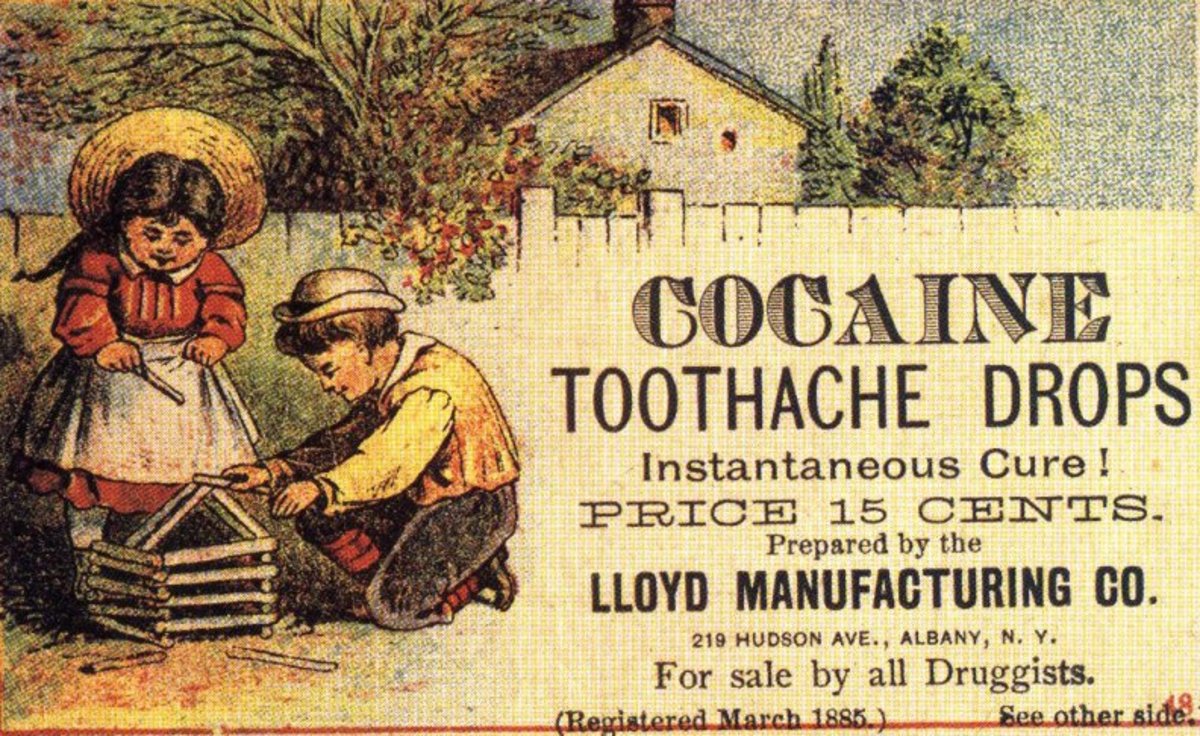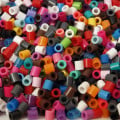Chinese Medicine - Alternative Medicine
Chinese Diagnosis of the Patient
So many references to Asian medicine either teach traditional theory, or they list the common herbs, but you need to understand the concept of Chinese medicine. Less is taught about diagnosis, so there is a gulf between your discomfort and the proper herbs for treatment. It is your present condition and vital energy that must determine the choice of herbs.
You need to be able to interpret your own health to make sure the end justifies the means. Your present condition and vital energy are assessed by the following factors: diet, stress, age, fatigue, emotions, life style and attitudes.
You must participate in the healing of the mind, body and spirit. This will personally empower you to enhance vitality with diet, herbs and guided visualization.
Your health is ultimately your responsibility.
Evaluation of Patient and Choice of Treatment
Standard Chinese Herbal Material Medical tests list more than 500 herbs, and there are websites that explain the benefits of these herbs. Many factors are involved in the effective selection of herbs:
- Type of herb
- Source of the illness
- Age
- Stress level Case history
Specific diagnosis includes tongue, pulse readings, observations, questions, and palpation. These determine the herb choice and the individualized dosage, which may change as treatment progresses in response to treatment.
Asian herbs are chosen for their nutritional value and their energetic qualities. Some herbs contain vitamins and minerals, but most of the time they are used as catalyst for metabolism, circulation, or energy and blood production.
Many plants contain immunity-building constituents, such as flavonoids like those found in citrus; so, they are used for cancer prevention or natural steroids to inhibit inflammation. Antibiotic herbs treating localized or systemic infections are often combined with cleansing or strengthening herbs in order to facilitate their action and prevent side effects.
Asian medicine accepts a totality of body, mind and spirit so natural processes are explained in the quality, quantity and directional flow of vital energy. This is different from medical treatment, which is usually explained in terms of bio-chemistry.

Traditional Chinese Medicine History
Traditional Chinese Medicine has been around for 2000-3000 years, and they have a unique system to diagnose and cure illness. Tibetan doctors believe that to achieve balance and inner harmony we must devote our body, mind and spirit to higher purposes, like compassion and helping others. Although no person ever stands alone, we must understand who we are individually in order to develop fully.
A requirement to understand the extensive documentation on Chinese medications, includes the huge amount of ancient literature, which reaches tens of thousands.
Chinese medicine is more than visiting a doctor, it is a lifestyle. Letha Hadady, D. A. writes on her childhood adventures where she was taught what weeds to eat out of the garden. She loved the herbs naturally and she picked tarragon, mint and dill at the age of 5.
Her book, “’Asian Health Secrets’ tells of a whole system of diagnosis and treatment. As a child she didn’t know marjoram is a vasodilator that can soothe spasms, quiet nerves, and lower blood pressure. She just knew it created a calm space within her. Her father was a first generation American and they lived in New York. By the time she was an adult she would cook an herbal brew in her kitchen rather than see a doctor.
She received her education from Shanghai’s College of traditional Medicine. Much of her approach toward balance in diet, as well as, psychology, stems from her years of study with Ayurvedic and Tibetan doctors in North India. She has had many year of experience practicing her approach in New York City, in China town and Little India. She has specific merchants that make herbal brews for her with her suggestions. She is also a certified acupuncturist.
Chi Life Force Energy
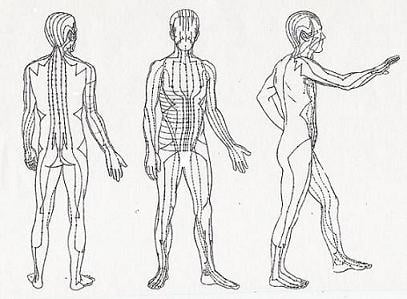
Chi Energy Facts
Think of your body without bones and organs having particular shapes, but they are still pulsing with life force, so you’re still breathing, your heart is beating and so forth. Then, the question is what is the life force causing this to happen?
Traditional Chinese doctors believe the life force is an invisible energy called Chi. Chi fuels all body and mind processes and is augmented by food and oxygen. It is reduced by illness, stress and toxins.
To Chinese doctors internal pathways and organs are containers of vital energy. Health and happiness are dependent by the smooth flow of Chi, which reminds me of an invisible current like electricity.
You can’t actually measure Chi, but they observe it indirectly. As an example, did you ever get mad and want to yell at someone, but didn’t, then you feel this lump in your throat? That would be stuck Chi. Chinese doctors believe many illnesses occur because of stuck Chi. Herbal tonics are methods of repairing the Chi energy.
Traditional Chinese Medicine with Master Herbalist Dr. Guo and Bruce Ruben, M.D.
Yin and Yang
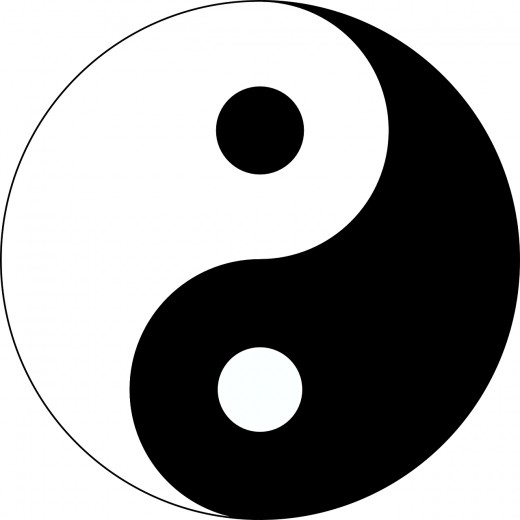
Yin and Yang
Chi represents vital energy; the terms Yin and Yan are sometimes used to describe its location, movement, function or quality. Yin and Yang express changing relationships in an ever-evolving body, mind and spirit. Herbs are said to have a yin or yang nature. Yin is thought of as passive and yang is active. The herbal treatment will put the yin and yang back into balance.
Yin tonics are said to nourish or moisten the lungs, stomach, liver or kidneys, which means they can increase blood or fluid retention in those organs.
Yang tonics treat exhaustion and chronic weakness that may result from low adrenal function or irregular metabolism. Yang tonics are often stimulants providing the fire that drives the endocrine system.
Alternative Medicine: Traditional Chinese
In Conclusion
A lot of the information in the ancient Chinese texts is metaphorical. The herbs used are not merely supplements that provide a physical effect but they actually ensure the health of an organ by stimulating the Chi.
I hope this overview of Chinese Medicine will help your understanding.
This content is accurate and true to the best of the author’s knowledge and is not meant to substitute for formal and individualized advice from a qualified professional.

